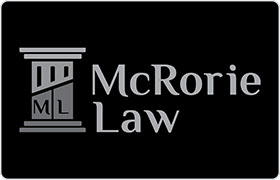Nicoma Park Divorce & Family Law Lawyer, Oklahoma
Sponsored Law Firm
-
 x
x

Click For More Info:
-
McRorie Law PLLC
2964 Via Esperanza Edmond,OK 73013» view mapFamily Law, Accidents, Wills & Trusts Oklahoma Divorce & Family Lawyer
I ensure each one of my clients is treated with the utmost dignity and respect. As part of this philosophy, I believe in transparency and honesty. I offer free consultations.
800-920-9461
Terrence Francis Gust
Workers' Compensation, Social Security, Estate Planning, Guardianships & Conservatorships
Status: In Good Standing
Aaron Maurice Arnall
Dispute Resolution, Divorce, Guardianships & Conservatorships, Adoption
Status: In Good Standing
Richard R Rice
Administrative Law, Bankruptcy, Workers' Compensation, Adoption
Status: In Good Standing
Robert Clarence Newark
Family Law, Divorce & Family Law, Bankruptcy, Car Accident
Status: In Good Standing

 Matthew McRorie Edmond, OK
Matthew McRorie Edmond, OK About UsMatthew McRorie
About UsMatthew McRorie Contact UsCall or Email Today
Contact UsCall or Email Today
